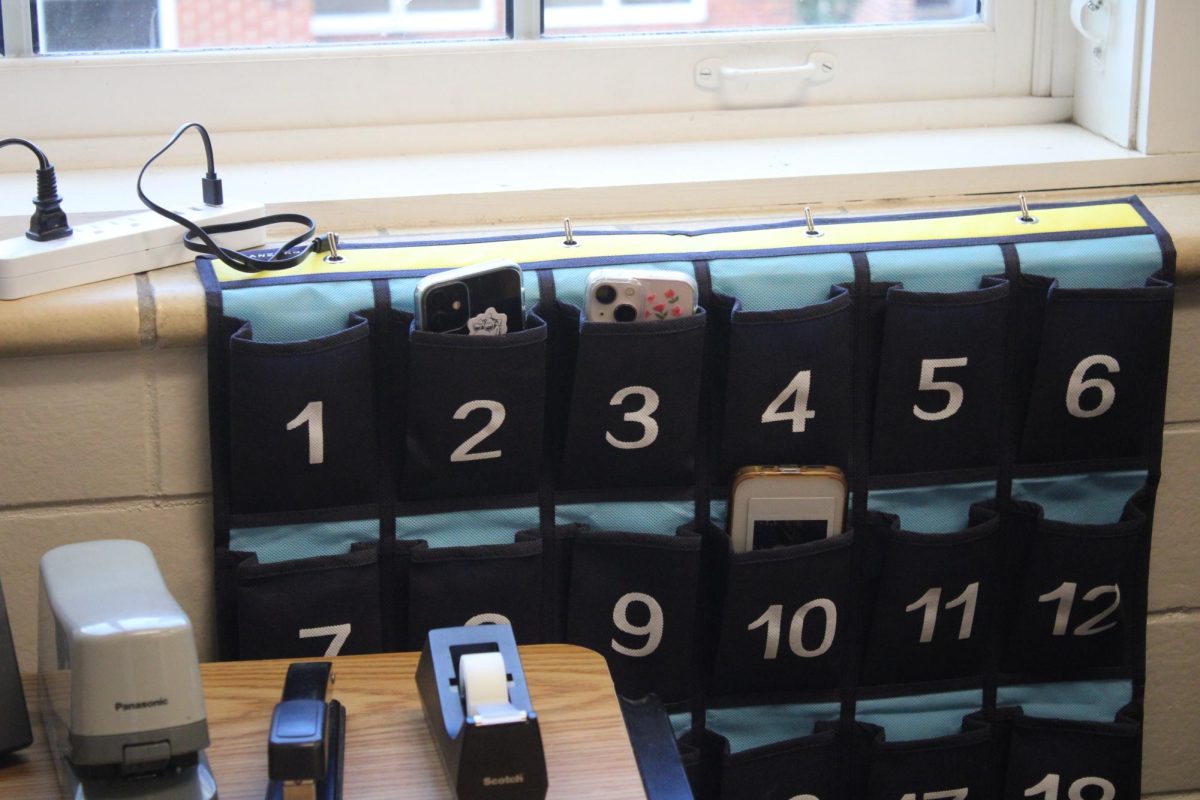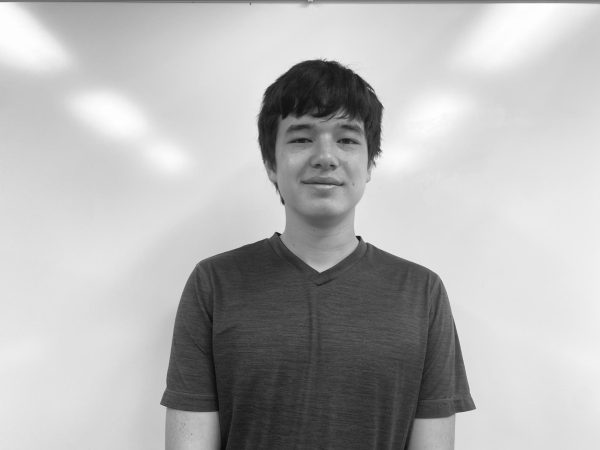This fall, City High implemented a new cell phone policy for all students. Created in response to high cell phone usage in class by students, the new policy aims to reduce instructional time lost to cell phones. According to the new rules, students will only receive one warning at the beginning of class to “secure their phone,” before having to immediately put it in a phone pocket on the wall if it comes out. If the phone comes out a second time, a hall monitor will take it to the office, and the student will be sent to the SPACE, a new student behavior intervention center.
The rules are different from previous years, where students would be warned by the teacher to put the phone away after the first incident before having it taken and put in a phone pocket. The change is part of a district-wide movement to reduce classroom distractions, including those caused by technology. City High’s movement to crack down on phone usage is in line with what most high schools across the country are doing post-COVID. Many schools across the country are experiencing the same problems with technology distractions that City High is post-lockdown.
Principal John Bacon thinks the policy will help students focus more on their work and not be sidetracked by their phones.
“My hope is that by focusing on our cell phone procedure, our students will be less distracted by their phone in class and better able to concentrate on their education,” Bacon said.
Principal Bacon also stated that teachers reported high phone usage during class to him last school year which was a major prompt of the change.
“Based on feedback from teachers last year, we knew we needed to keep taking steps forward when it comes to cell phones,” Bacon said.
Most teachers who have experienced class disruptions caused by cell phones favor the new policy. Rob Crawford, teacher of AP Physics, said that cell phones negatively affect his class’s overall performance.
“Anecdotally, I find that there is a really strong correlation between phone use and performance on labs/assessments. The more phones, the lower the performance,” Crawford said.
Cell phones have also been shown to have negative effects on student’s health and achievement. Increase in technology dependence correlates really strongly with increases in depression and anxiety and correlates negatively with achievement and social well-being.
Additionally, Crawford believes that the policy is necessary due to real-world cell phone restrictions.
“Depending on future plans, many places have even more draconian cell phone policies where violation of said policies can result in job loss,” Crawford said. “Most places have realized what a useless time suck phones represent and restrict usage while on the clock.”
However, some students view the policy negatively. Lucas Ralston ‘24 believes that the policy excessively restricts student’s personal property.
“I feel the policy is too restrictive, even though its aims are good,” said Lucas Ralston ‘24. “It also seems a bit excessive to send a student out of class just for using their phone.”































